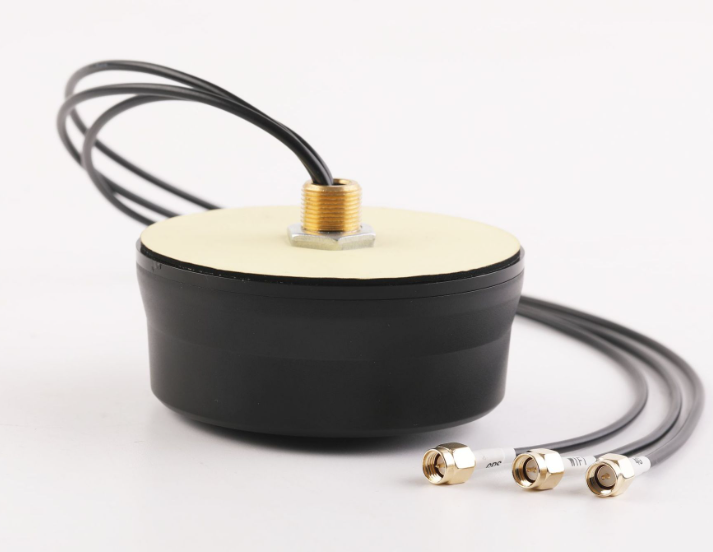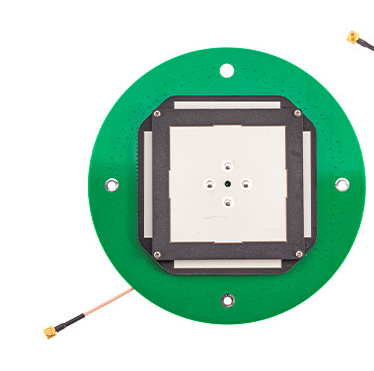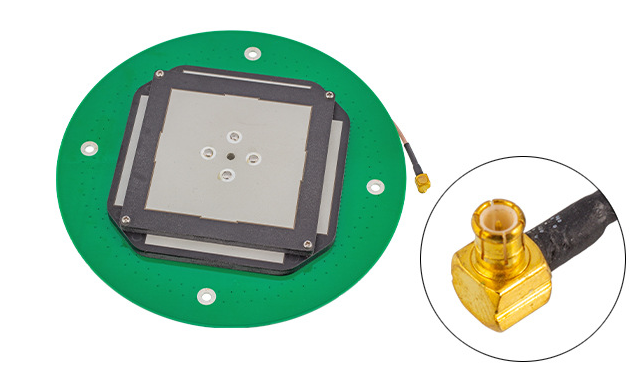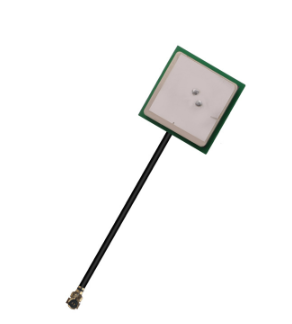Gps Antenna query (GPS Antenna query to explore key components of location technology)
With the popularity of Global Positioning Technology (GPS), it is more and more widely used in various fields. As an important part of GPS positioning equipment, the performance of GPS antenna directly affects the positioning accuracy and use effect. This paper will introduce the relevant knowledge of GPS antenna, including its function, types, performance parameters and query methods, to help readers better understand GPS antenna, so as to choose appropriate GPS antenna to meet different needs.
The function of GPS antenna
GPS antenna is a key component of GPS receiving equipment. Its main function is to convert GPS satellite signals into electrical signals for GPS receiving equipment to process and analyze. By receiving satellite signals, GPS antennas can obtain position, speed, time and other information, and achieve navigation, positioning, speed measurement and other functions.
Types of GPS antennas
According to the use scenarios and requirements, GPS antennas can be divided into many types. Common GPS antennas include vehicle GPS antenna, handheld GPS antenna, navigation GPS antenna, aviation GPS antenna and so on. Different types of GPS antennas have different characteristics and are suitable for different environments and application scenarios.
Performance parameters of GPS Antenna
1. Receiving frequency: the frequency of satellite signal received by GPS antenna, generally covering L1, L2 and other frequency bands.
2. Gain: indicates the ability of the antenna to amplify the signal. The higher the gain, the stronger the ability to receive the signal.
3. Impedance: the impedance matching degree of the antenna affects the transmission efficiency of the signal.
4. Axis ratio (Axial Ratio): the parameter to measure the polarization performance of the antenna, which is especially important for the circularly polarized antenna.
5. Noise performance: indicates the anti-jamming ability of the antenna when receiving the signal.
6. accuracy: indicates the accuracy of antenna positioning, which is related to the quality of the antenna and the receiving environment.
Query method of GPS Antenna
1, network query: through the search engine or e-commerce platform, search the keyword "GPS antenna", view the detailed information of all kinds of products, user evaluation, price comparison, etc., in order to select suitable products.
2. Query the official website of manufacturers: visit the official websites of major GPS equipment manufacturers to learn about GPS antenna products in their product lines, and obtain detailed technical specifications, performance parameters, usage scenarios and other information.
3. Professional forum consultation: participate in GPS technology-related forums or communities, consult experienced users on the selection of GPS antennas, and understand the advantages and disadvantages in practical use.
4. Physical store consultation: go to the electronics sales store, consult the clerk about the GPS antenna, and actually experience the performance of different products.
How to choose a suitable GPS antenna
When selecting GPS antennas, you need to take into account specific application scenarios, budget, brand reputation and other factors. Here are some suggestions:
1. Select the appropriate antenna type according to the application scene, such as vehicle, handheld, navigation, aviation and so on.
2. Pay attention to the performance parameters and choose the products with high receiving frequency, moderate gain, good impedance matching, low axis ratio and excellent noise performance.
3. Choose products of well-known brands to ensure product quality and after-sales service.
4. Make a reasonable choice according to the budget, you don't have to pursue products with too high prices, you can suit your own needs.
This paper introduces the basic knowledge of GPS antenna, including its function, type, performance parameters and query methods. By understanding the relevant knowledge of GPS antenna, readers can better choose their own GPS antenna to meet the positioning needs of different scenes. In practical application, it also needs to be debugged and optimized according to specific conditions to obtain the best positioning effect. I hope this paper can be helpful to the majority of GPS users.
Frequently asked questions
1. Q: how to judge the performance of GPS antenna?
Answer: the performance of GPS antenna can be judged by looking at its performance parameters, user evaluation, consulting professionals and so on.
2. Q: how to install the GPS antenna?
Answer: according to the specific equipment and scenarios, the method of installing the GPS antenna will be different. Generally, the antenna needs to be placed in an open place to ensure that a good satellite signal can be received. For specific installation steps, please refer to the product manual or consult the manufacturer.
Q: can GPS antennas receive other types of satellite signals?
Answer: some GPS antennas can receive other types of satellite signals, such as GLONASS, Beidou, etc., which need to be determined according to the technical specifications of the product.
4. Q: how to maintain the GPS antenna?
Answer: when maintaining the GPS antenna, avoid using it in a wet environment, clean the antenna surface regularly, avoid scratching and impact, and avoid exposing the antenna to high temperature, so as not to affect its performance.
5. Q: is the higher the price of GPS antenna, the better?
A: the higher the price, the better. When choosing a GPS antenna, you need to consider its performance, application scenario, budget and other factors. The product that suits your needs and budget is the best choice.
look into the future
With the continuous development of global positioning technology, the performance and application of GPS antenna will continue to improve and expand. With the construction and application of new satellite navigation systems, such as Beidou navigation system, GPS antenna will better meet the positioning needs in various scenarios. With the rapid development of the Internet of things, self-driving and other fields, the market demand of GPS antenna will continue to grow, promoting the continuous innovation and progress of its technology.
Understanding the knowledge of GPS antenna is very important for selecting suitable positioning equipment. Through the introduction and analysis of this paper, readers can better understand the function, type, performance parameters and query methods of GPS antenna, so as to make a wise choice in practical application.





